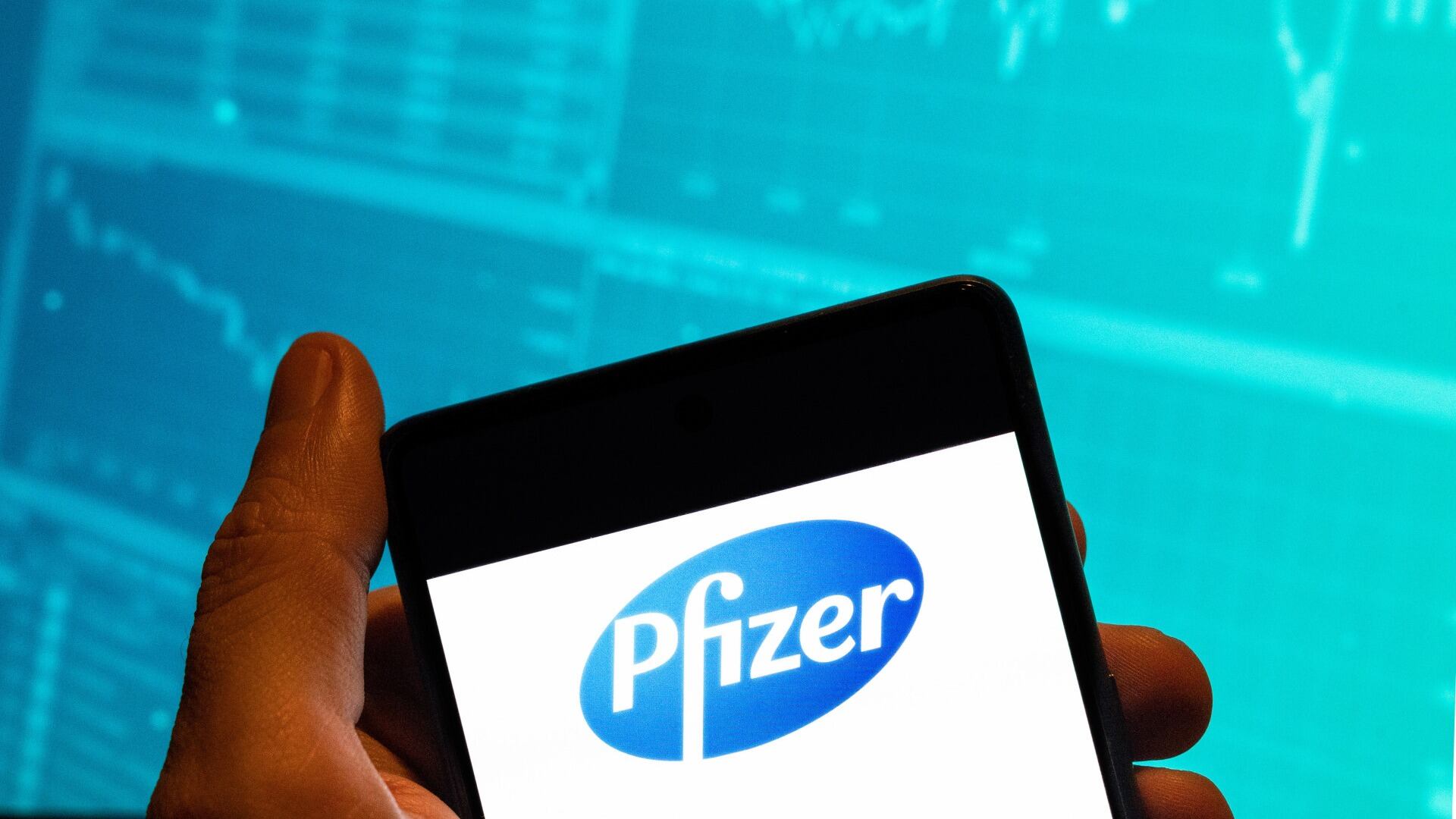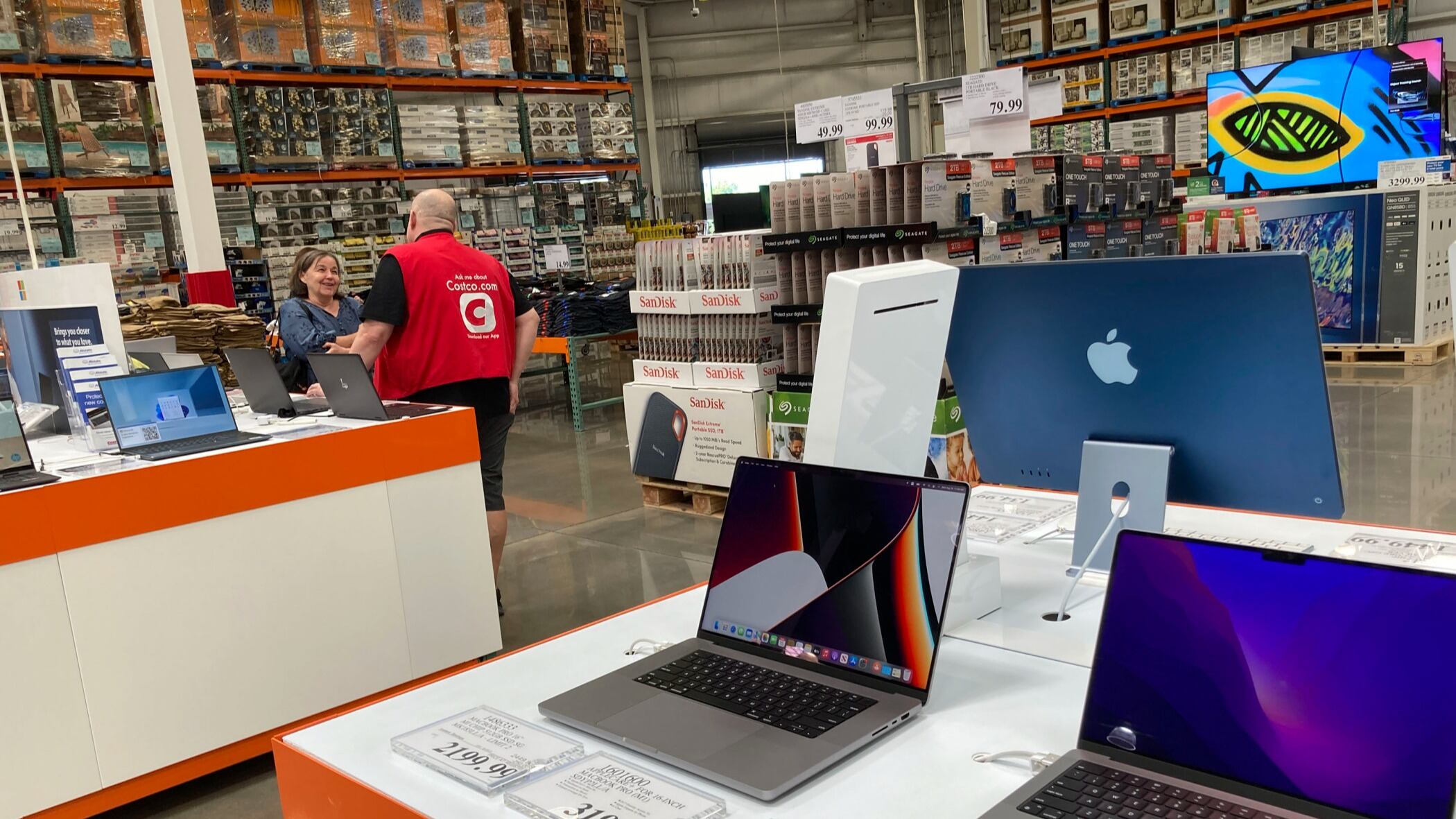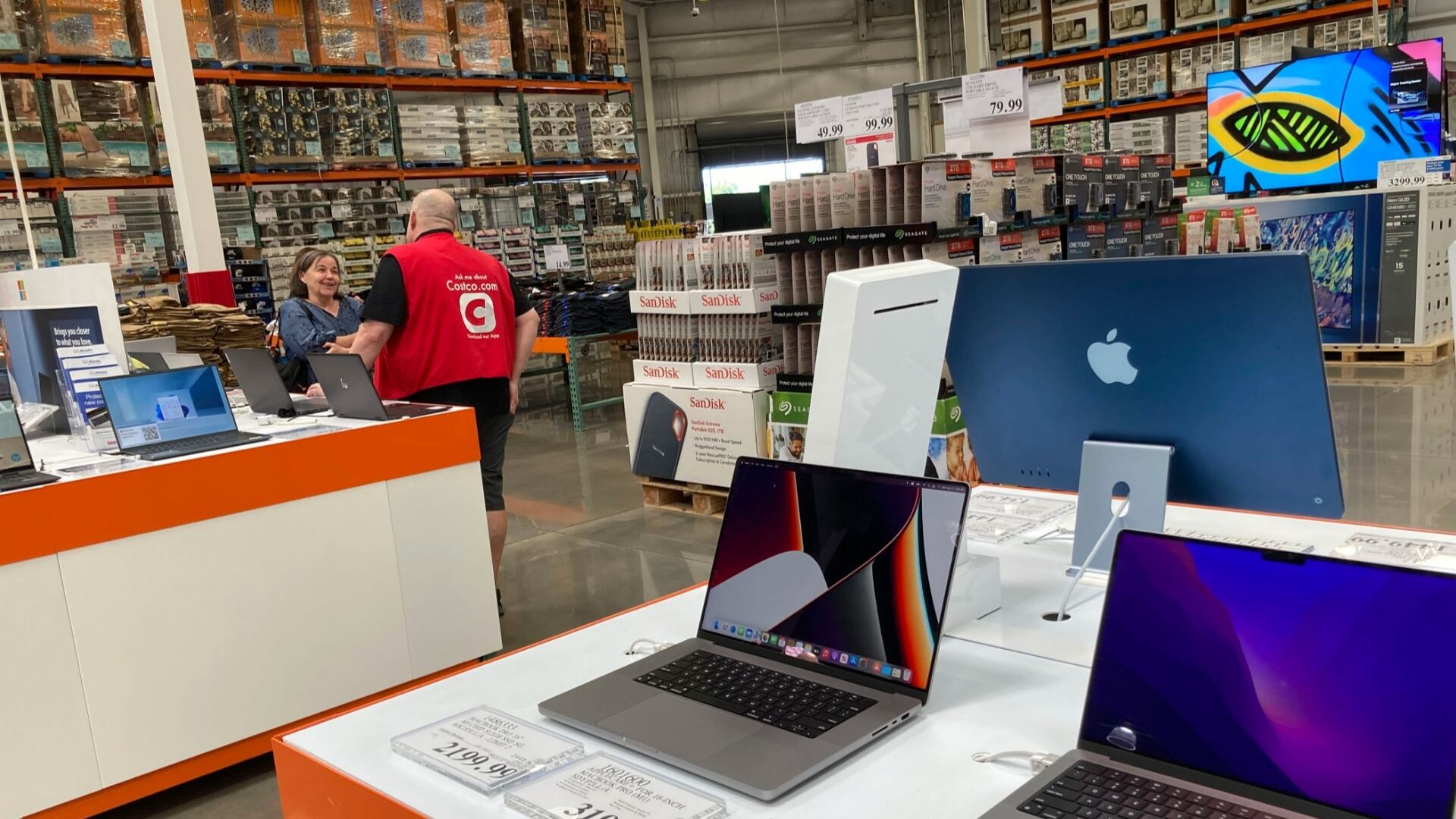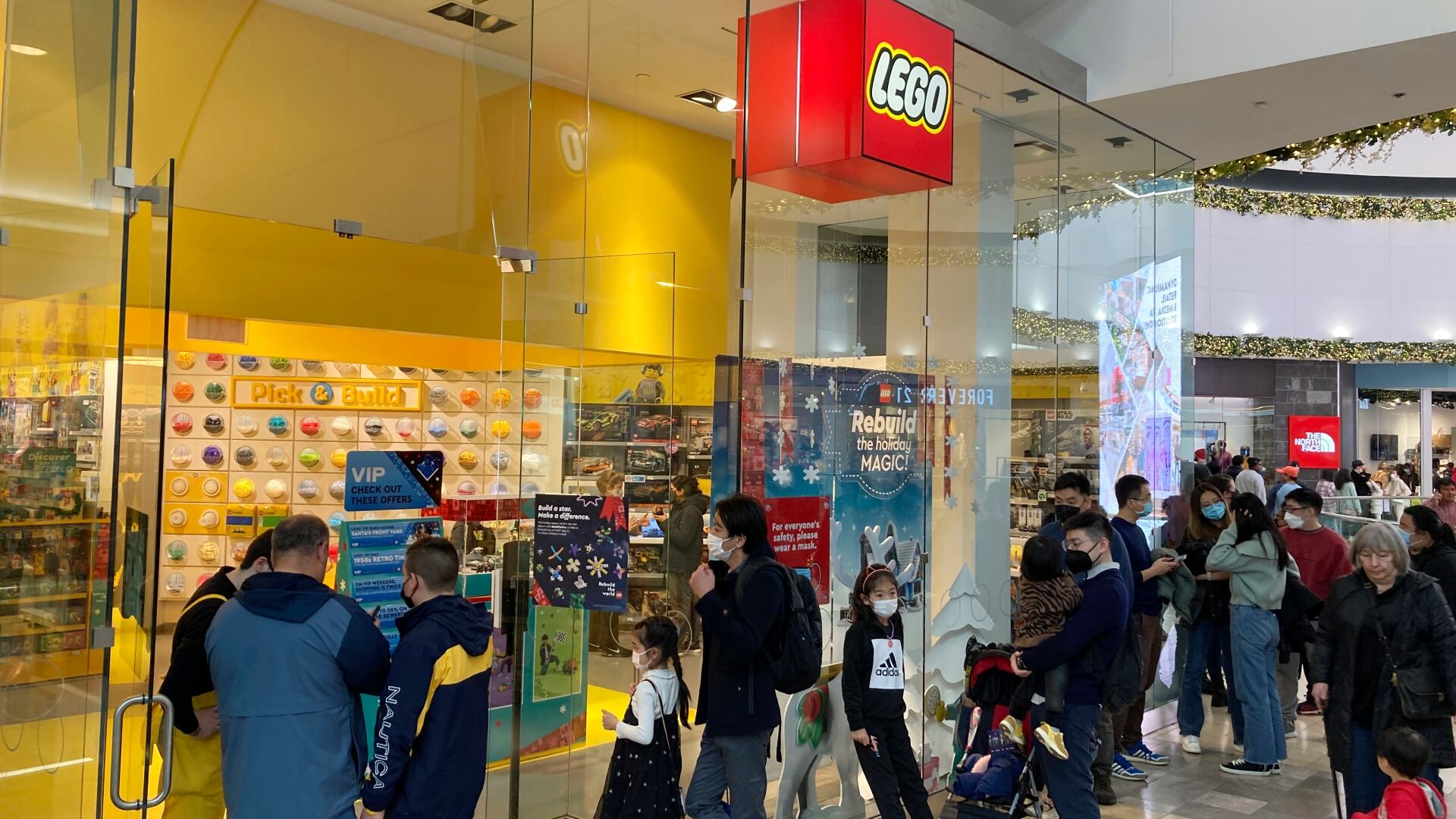From Wall Street to Silicon Valley, these are the top stories that moved markets and had investors, business leaders, and entrepreneurs talking this week on Cheddar.
CRYPTO STRUGGLES
Another week, another wild ride for the biggest cryptocurrencies. The price of Bitcoin continued to plunge Monday, trading below $49,000 after a weekend of heavy losses. The leading cryptocurrency pushed back up mid-week, but has since dropped back down to $48,000. Ether and other altcoins also slipped, along with leading meme coins such as Dogecoin and Shiba Inu. At first, the crypto sell-off appeared to be tracking with a broader dip in the stock market, but the major indexes have since recovered from what looks like an omicron-induded wobble. The latest CPI numbers showed a 6.8 percent jump in inflation from a year ago, but given that the numbers were close to expectations, markets plowed ahead with gains for the week on Friday.
HONG KONG EXODUS
Multiple China-based publicly traded companies have announced plans to list on the Hong Kong stock market, as the Securities and Exchange Commission moves forward with new rules allowing it to delist foreign companies that don't comply with audit requirements. But the transition is proving painful for some outgoing firms. Social media giant Weibo saw its shares slide 7 percent during its Hong Kong debut this week. The drop came on the heels of ride-hailing company Didi's stock tumbling 20 percent after it announced plans to delist in the U.S. and move to Hong Kong. Alibaba, meanwhile, which already lists in both markets, had one of its best days in months after announcing plans to shake up its commercial division.
EUROPE VS BIG TECH
Europe is on an antitrust warpath. Just a week after a UK regulator ordered Meta (formerly Facebook) to sell the GIF database Giphy, on the grounds that the acquisition hurt consumers, Italy's antitrust authority on Thursday fined Amazon a whopping $1.3 billion for leveraging its market dominance against independent sellers. Despite coming on the heels of a massive outage at Amazon Web Services, however, the tech stock, worth nearly $3,500, held up.
ROKU + GOOGLE MAKE AMENDS
In a last-ditch effort to mend their relationship before a major split, Google and Roku struck a multi-year deal to keep YouTube and YouTube TV apps on the streaming platform. The beef started when Roku complained that Google's distribution terms were anticompetitive. Google shot back, saying the claims were baseless. It's unclear at the moment if either side got its way, but apparently, someone decided it was worth burying the hatchet to keep customers happy. Roku's stock popped 18 percent on the news this Wednesday and closed nearly 14 percent for the week.
GAMESTOPPED
GameStop, everyone's favorite brick-and-mortar video game retailer/meme stock, is struggling to execute the turnaround strategy promised by its newly hired executives. The company's stock fell 4 percent on Wednesday after a third-quarter earnings report showed that its losses widened to $105.4 million from $18.8 million a year earlier. Lackluster earnings aside, the retailer bolstered its inventory last quarter to avoid supply chain issues this holiday season. The stock remained down by Friday.
LUCID LOSSES
Lucid Motors, which is considered by many to be the most viable challenger to Tesla in the electric vehicle market, had a rough start to the week as shares plunged nearly 20 percent on the news that the SEC had subpoenaed the company as part of an investigation into the SPAC deal that brought it public earlier this year. The luxury EV maker said it's cooperating with the agency, but investors were still spooked with the stock down nearly 6 percent for the week. This isn't the first time an EV company has been investigated by the SEC for its SPAC dealings. Others include Nikola, Canoo, and Lordstown Motors.











